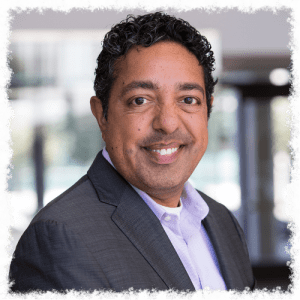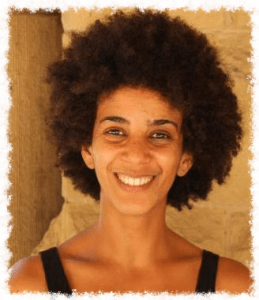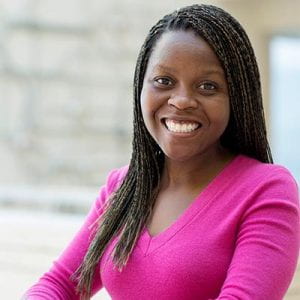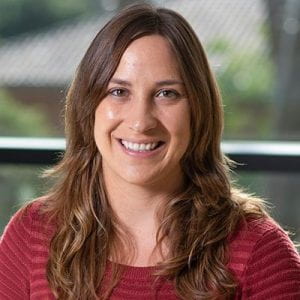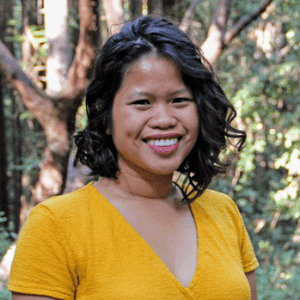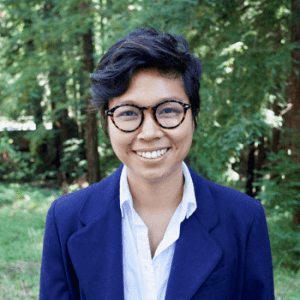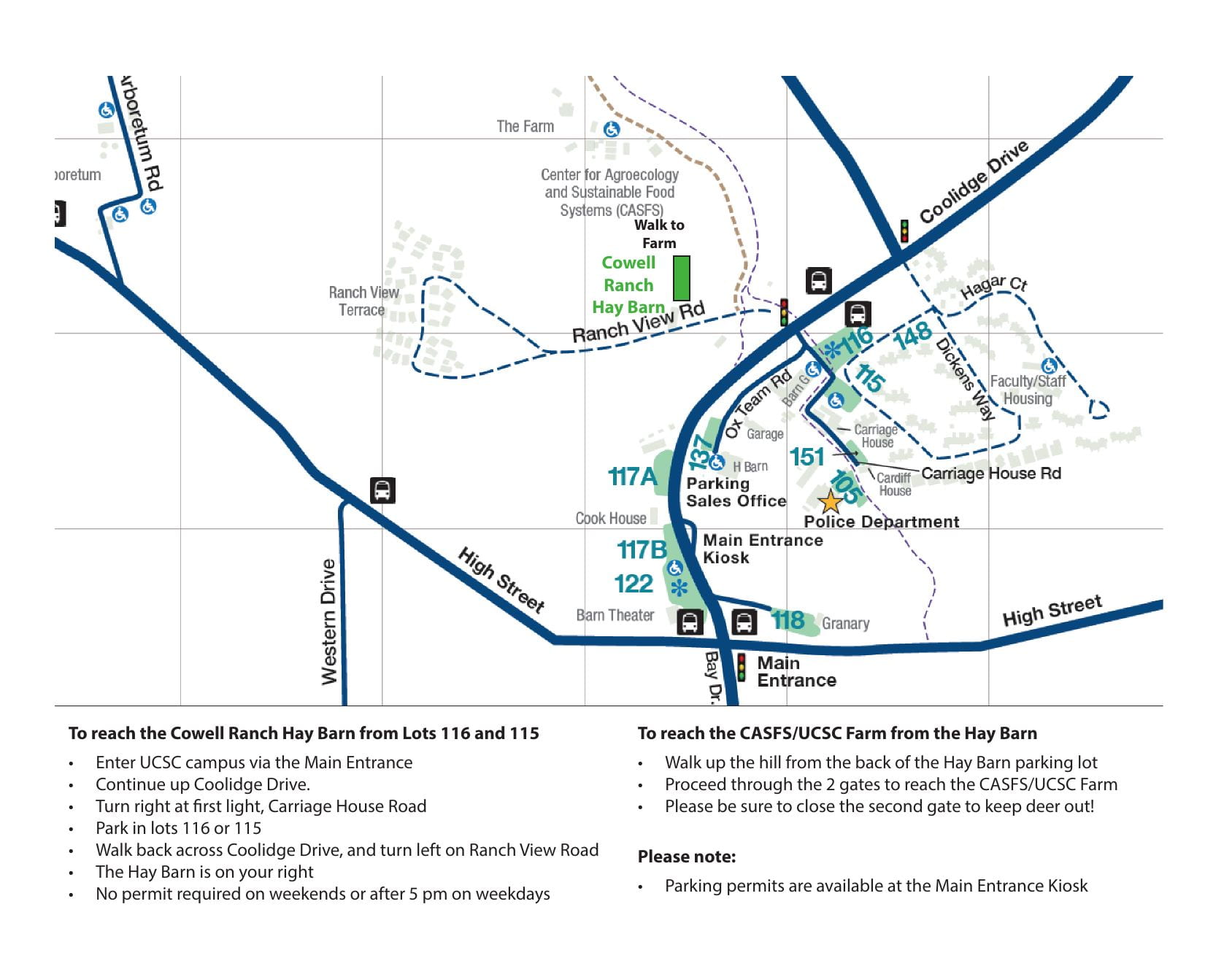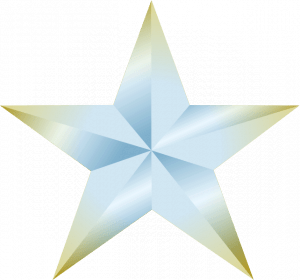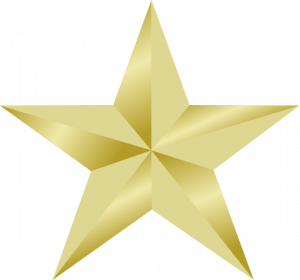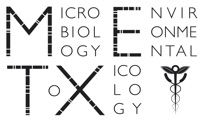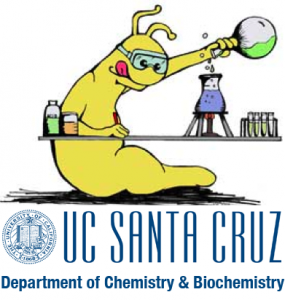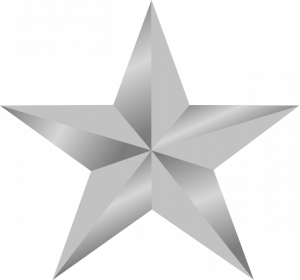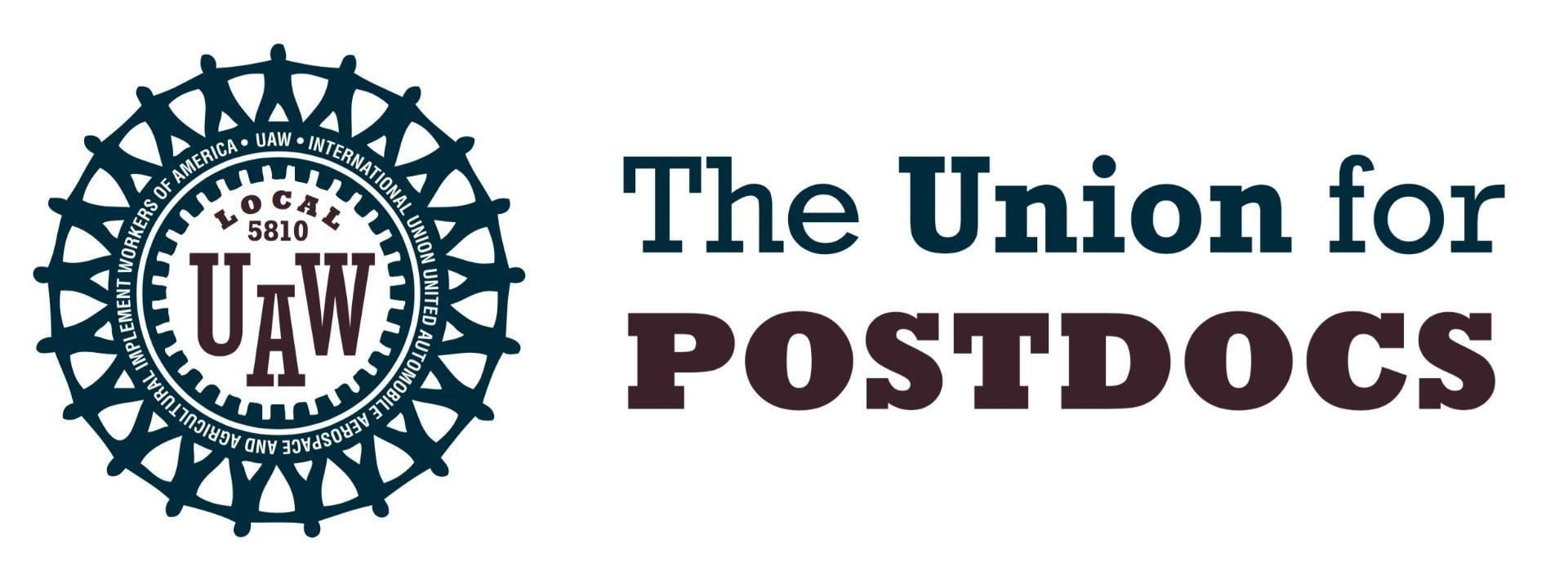5th Annual Postdoc Symposium [POSTPONED!]
[POSTPONED!] - Cowell Ranch Hay Barn, UCSC
UPDATE 3/4/20:
As of this morning, the grad student COLA organizers at UCSC have garnered support for a full UC-wide shutdown of all university-related activities tomorrow, March 5th (see this article and twitter for more information). While many postdocs and grad students have expressed support for continuing to hold the symposium and the positive dialogue it brings to the UCSC community, after discussion with multiple parties, including graduate students and university officials, we feel that cancelling the symposium is the most responsible decision for our speakers, participants, and the academic trainee community at large.
-----
The UCSC STEM Postdoc Symposium is an annual symposium dedicated to highlighting research from early career scientists at UCSC. Faculty, staff, postdocs, graduate students and undergraduates are welcome to attend but registration is required. Postdocs and graduate students are encouraged to present their research in clear, concise talks and posters that are accessible to a broad STEM audience. The 2020 Postdoc Symposium will be held on Thursday March 5, 2020.
Keynote Speakers
Director of the Bakar Computational Health Sciences Institute at the University of California, San Francisco
Chief Data Scientist for the entire University of California Health System
Atul Butte, MD, PhD is the Priscilla Chan and Mark Zuckerberg Distinguished Professor and inaugural Director of the Bakar Computational Health Sciences Institute at the University of California, San Francisco (UCSF). Dr. Butte is also the Chief Data Scientist for the entire University of California Health System, with 17 health professional schools, 6 medical centers, and 10 hospitals.
Dr. Butte has been continually funded by NIH for 20 years, is an inventor on 24 patents, and has authored over 200 publications, with research repeatedly featured in the New York Times, Wall Street Journal, and Wired Magazine. Dr. Butte was elected into the National Academy of Medicine in 2015, and in 2013, he was recognized by the Obama Administration as a White House Champion of Change in Open Science for promoting science through publicly available data.
Dr. Butte is also a founder of three investor-backed data-driven companies: Personalis, providing medical genome sequencing services, Carmenta (acquired by Progenity), discovering diagnostics for pregnancy complications, and NuMedii, finding new uses for drugs through open molecular data.
Dr. Butte trained in Computer Science at Brown University, worked as a software engineer at Apple and Microsoft, received his MD at Brown University, trained in Pediatrics and Pediatric Endocrinology at Children's Hospital Boston, then received his PhD from Harvard Medical School and MIT.
Co-lead of the Ethical Artificial Intelligence Team at Google
Co-founder of Black in AI
Timnit is currently a research scientist at Google Brain and co-leads the ethical AI research team with Meg Mitchell. Prior to that she did her postdoc at Microsoft Research, New York City in the FATE (Fairness Transparency Accountability and Ethics in AI) group, where she studied algorithmic bias and the ethical implications underlying any data mining project.
Timnit received her PhD from the Stanford Artificial Intelligence Laboratory, studying computer vision under Fei-Fei Li. Her thesis pertains to data mining large scale publicly available images to gain sociological insight, and working on computer vision problems that arise as a result.
Timnit co-founded the group Black in AI along with Dr. Rediet Abebe, where she works to both increase diversity in the field and reduce the negative impact of racial bias in training data used for human-centric machine learning models.
Timnit has been named one of Forbes leading women in Artificial Intelligence, Bloomberg's 50 people who defined 2018, and is a recipient of the New York Times Good Tech award. Her work has been covered by outlets ranging from MIT tech review to The Economist.
Diverse Voices Panel
HHMI Hanna Gray Fellow / 2017–Present
University of California, Berkeley
Florentine Rutaganira wants to use chemical tools to decipher the roles of key signaling networks in choanoflagellates, single-celled organisms that are the closest living relatives of animals. Choanoflagellates produce a large number of tyrosine kinases, molecular signals essential for intercellular communication in animals. The presence of these molecules in choanoflagellates suggests that signaling components needed to communicate between cells is evolutionarily ancient. Tyrosine kinases may regulate choanoflagellate colony formation. Rutaganira expects her studies will spark new understanding of animal development, physiology, and disease.
HHMI Hanna Gray Fellow / 2019–Present
Stanford University
Neurons face a traffic control challenge. They’re constantly sending different sets of proteins to different parts of the cell – and delivery mix-ups can be disastrous. Kelsie Eichel is studying how neurons sort and dispatch proteins, and what happens when deliveries get lost along the way. A better grasp of the basics could help scientists understand why such mishaps are common in neurodegenerative diseases like Alzheimer’s and Parkinson’s.
HHMI Gilliam Fellow / 2019–Present
University of California, Santa Cruz
Apple Vollmers is working with Susan Carpenter, assistant professor of molecular, cell and developmental biology, to study the role of long noncoding RNAs (lncRNAs) in regulating the inflammatory response of the innate immune system. They have identified a lncRNA called GAPLINC as a novel regulator of the immune response and are investigating its biological functions and molecular mechanisms.
HHMI Gilliam Fellow / 2019-Present
University of California, Santa Cruz
Poscablo is studying age-related changes in platelets and their role in age-associated strokes, working with Camilla Forsberg, professor of biomolecular engineering. They discovered a platelet differentiation pathway activated during aging that results in two distinct populations of platelets in older mice. Poscablo is investigating how this pathway is induced and whether it is related to the abnormalities in platelet regulation that are associated with strokes.
Agenda
9:00 Registration & Breakfast
9:45 Opening Remarks
10:00 Keynote Talk: Dr. Atul Butte
10:50 Break
11:05 Postdoc/Student Talks
- "Decomposition by algebraic generators to describe genetic sites in genome variation graphs"
- Yohei Rosen, UCSC Graduate Student, Genomics Institute - "Safari Science: tourist photographs as a tool for wildlife monitoring"
- Kasim Rafiq, UCSC Postdoc, Environmental Studies Department
11:30 Keynote Talk: Dr. Timnit Gebru
12:20 Networking Lunch
13:20 Postdoc/Student Talks
- "Galaxy Ecosystems in the Cosmic Web Revealed by Slime Mold’s Primitive Intelligence"
- Joseph N. Burchett, UCSC Postdoc, Astronomy
- Oskar Elek, UCSC Postdoc, Computer Science & Engineering - "Solar System Insights from Stony-iron Meteorites"
- Jasmeet K Dhaliwal, UCSC Postdoc, Earth & Planetary Sciences - "Towards neuron-like computing in patterned magnets"
- Michael Saccone, UCSC Graduate Student, Physics - "Counting Copper Ions on the Structured Domain of the Prion Protein"
- Tufa Assafa, UCSC Postdoc, CHEM - "The Case for Humanities Perspectives in the Hard Sciences"
- Jessie MNG Lopez, UCSC Graduate Student, MCD
14:20 Break
14:40 Diverse Voices Panel
- Dr. Florentine Rutaganira, UC Berkeley, HHMI Hanna Gray Fellow
- Dr. Kelsie Eichel, Stanford, HHMI Hanna Gray Fellow
- Apple Vollmers, UCSC, HHMI Gilliam Fellow
- Donna Poscablo, UCSC, HHMI Gilliam Fellow
15:30 Break
15:50 Postdoc/Student Talks
- "Structural Mimicry Leads to Cooperativity in the Cyanobacterial Circadian Clock"
- Jeff Swan, UCSC Graduate Student, CHEM - "Improving forecasting in marine ecosystems"
- Tanya Rogers, NOAA Postdoc, Ecology and Evolutionary Biology - "Upregulation of virulence genes promotes Vibrio cholerae biofilm hyperinfectivity"
- Jennifer Teschler, UCSC Postdoc, METX - "The case of the missing crayfish: Using environmental DNA for biodiversity monitoring and ecological restoration"
- Kim Ballare, UCSC Postdoc, Ecology and Evolutionary Biology - "Understanding microbial symbioses: the case of a nitrogen-fixing marine cyanobacterium. "
- Marine Landa, Assistant Project Scientist, Ocean Sciences
16:50 Closing Remarks
17:00 Reception & Poster Session.
Map
The Hay Barn is located at 94 Ranch View Road, Santa Cruz, CA. 95064, at the base of campus.
Some recommendations when arriving:
- by car: use parking lot 115 or 116 across the street from the barn (see parking map below). Note that they require an A, B or MC permit and are fairly small thus we encourage you to carpool if possible. There is no parking at the barn and on Ranch View Road, or up in Ranch View Terrace Housing. As an alternative you can also use East Remote Parking and either walk (~20min) or take the bus down to the barn.
- by ride share (Uber, Lyft) please direct them to the 115 parking lot (see parking map below).
- by bus: you can either stop at the main entrance or Coolidge Dr (~5 min walk).
- by bike: There is a bike rack at the south-east side of the barn. Please do not place your bike resting on the building.
Sponsorship
We are also grateful for the support from the Jack Baskin Endowment.


